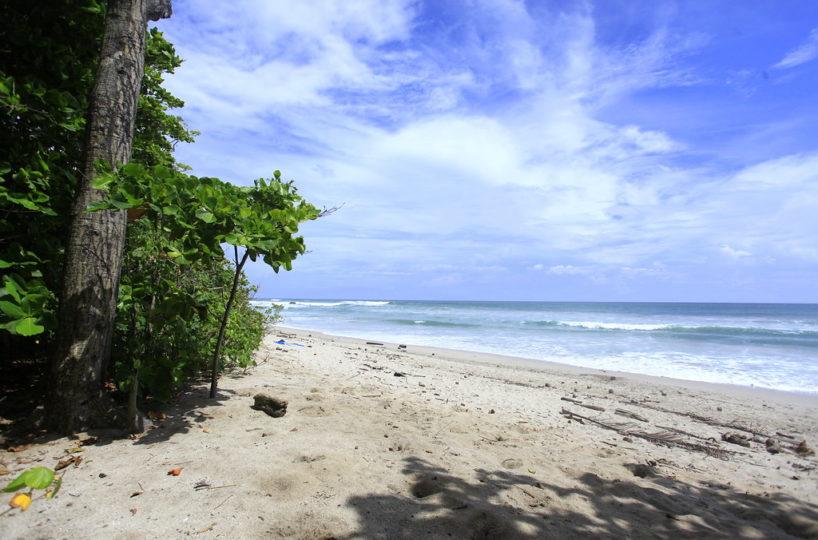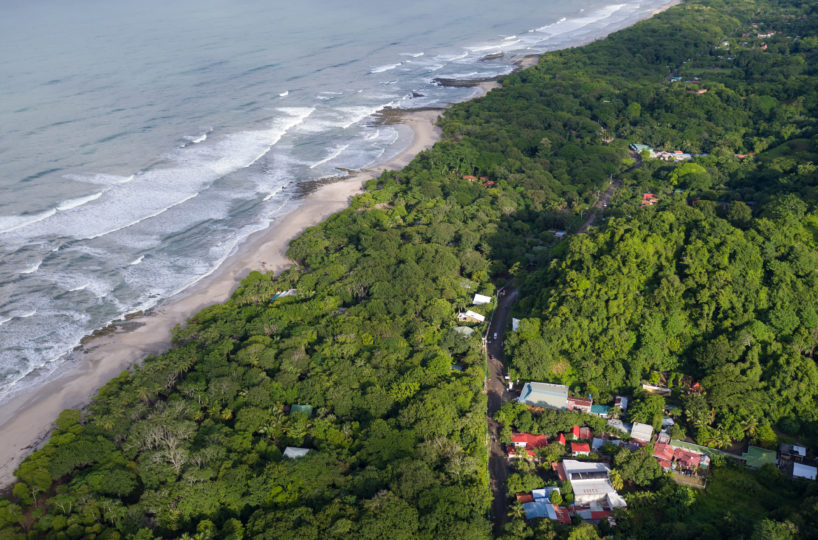Buying land or property in a foreign country can be quite a daunting task. It’s hard enough to know all the lingo and jargon in your own language, that’s what we’ve got real estate agents for that right? So, where do you start if you’re looking to find the property of your dreams in Costa Rica? Well, RE/MAX Pura Vida is going to take a break from telling you how we have the best beaches and longest living population in Central America, so we can break down a few terms and get you started on your search.
Plano Catastrado – Loosely translated, this is a survey map or in real estate jargon, a plat. Illustrating the exact size, location, boundaries, and neighbors concerning a piece of land, this must be performed by a surveyor and registered with a department of the National Registry, known as the Catastro Nacional.
Uso de Suelo – Terms defining the use and build restrictions for the property, the “Uso de Suelo” or zoning permissions are what tell you what you can and cannot put on the said property. Extremely important information when looking to purchase land, you can find this documentation at the local municipality of the property in question.
Servidumbre – Translating to an easement, this is essentially the rights to use private land by someone other than the property owner. Customarily used for driveways or power lines, it sometimes relates to waterlines, the maintenance of natural habitats, or access to a specified view. Knowing if you are using a “servidumbre” or have one that applies to your land is a critical detail.
Maritime Zone – Defined as the initial 200 meters stretching from the average high tide line on the coast and stretching perpendicularly inland, this is prime real estate, but has a slew of restrictions. The land cannot be officially titled due to regulatory restrictions although the owner can seek concession.

Concession – You might have heard this term before. It comes along with horror stories and tales of beachfront bargains alike. Relating directly to the Maritime Zone discussed above, concessioned land is defined as “untitled” and is made up of furthest 150 meters from the ocean of the Maritime Zone. This means that instead of the owning the land directly through title, the owner instead leases the land from the government for a set number of years. So long as the terms of the concession, such as build zone and expanded construction into green zones, the government is required to renew said concession at the end of term.
Sociedad Anonima – When registering your title, you have a choice between registering it under your name directly, multiple parties, or through a Sociedad Anonimo, which is the equivalent of a corporation in the US. This means a business and not an individual would be the property owner.
Traspaso – Easily mistranslated to “trespass”, this word means quite the opposite. In contrast, the “traspaso” is the closing of a property or when the ownership is officially transferred from one party to another. Generally occuring at the closing notary public’s office or with an escrow agent, it must be recorded in a deed and registered with the National Registry.

So, while you might not be a landowner yet, with this information you could be well on your way. We understand it can be confusing which is why RE/MAX Pura Vida is here to help you. Stop in or contact us if you have any questions about these details for a property you’re looking at. We’ve got plenty of options and tons of knowledge to help you get to your very own “traspaso.”



